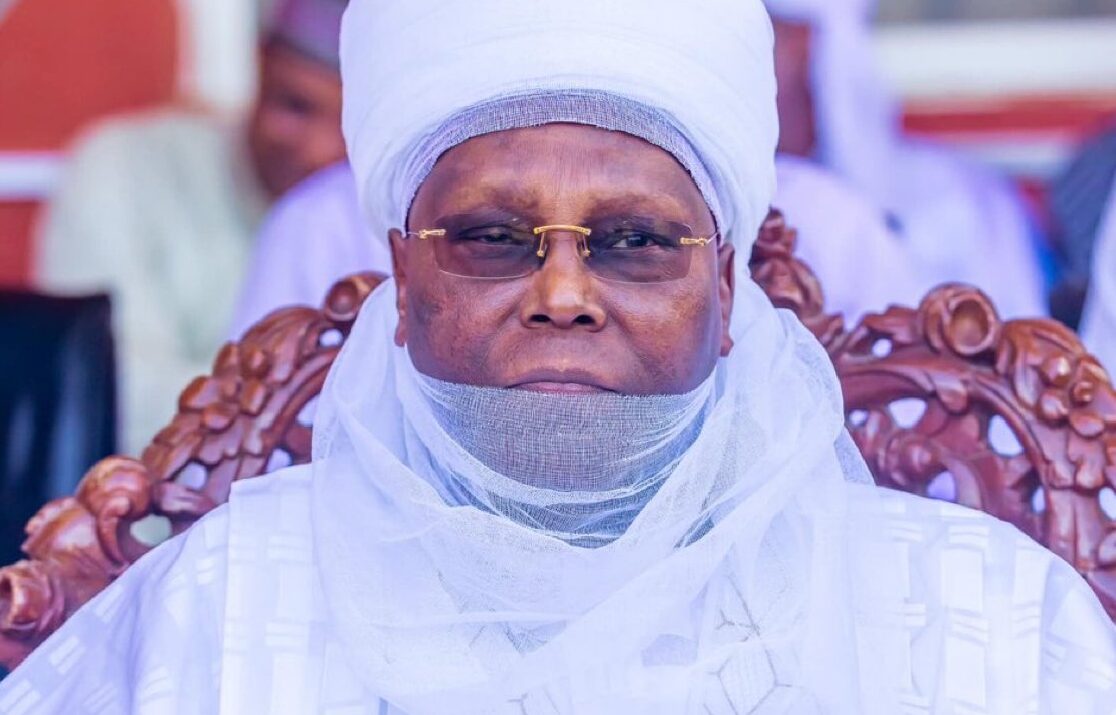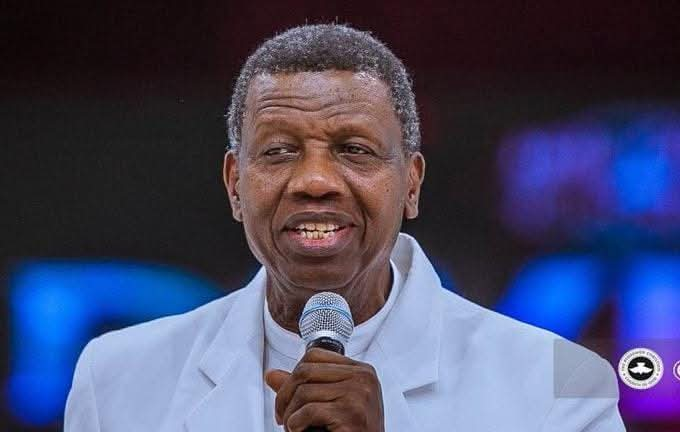In a stunning political and traditional shake-up, the Adamawa State Government has stripped former Vice President Atiku Abubakar of his revered title, Waziri Adamawa, a move generating nationwide debate and speculation.
The revocation was confirmed via an official circular issued on June 20, signed by Mrs. Adama Felicity Mamman, Permanent Secretary of the Department of Chieftaincy Affairs, under the state’s Ministry for Local Government and Chieftaincy Affairs. The circular announced a new policy requiring all traditional council members to be indigenes of the chiefdoms in which they serve—a condition that reportedly disqualifies Atiku.
“Following the creation of new Chiefdoms in the state by the Executive Governor of Adamawa State, Rt. Hon. Ahmadu Umaru Fintiri, I am directed to inform you that all Kingmakers and Council members in the state must be indigenes of their Chiefdoms,” the memo read.
Atiku, whose birthplace—Jada Local Government Area—falls under the Ganye Chiefdom, does not belong to the Adamawa Emirate from which the Waziri title originates.
The title of Waziri Adamawa, the second-highest traditional position in the Adamawa Emirate, was conferred upon Atiku in 2017 by the Lamido of Adamawa, a position he held until this new government directive.
While the state government insists the move is part of a structural realignment following the creation of new chiefdoms, political analysts believe it is deeply politically motivated. Tensions between Atiku and Governor Fintiri have been on the rise, especially amid reports that the former VP is working to forge a powerful new political coalition ahead of the 2027 general elections.
Insiders allege the alliance could include Senator Aishatu Binani, Labour Party’s Peter Obi, and former Kaduna Governor Nasir El-Rufai—a direct threat to both the PDP establishment and President Bola Tinubu’s hold on power.
Critics argue that the timing of the revocation is far from coincidental, especially considering Atiku’s instrumental role in Governor Fintiri’s re-election in 2023. Many see the action as a retaliatory strike aimed at weakening Atiku’s local and national influence.
Meanwhile, controversy continues to build around a proposed executive bill currently before the Adamawa State House of Assembly, which seeks to empower the governor to unilaterally remove any traditional ruler deemed “unfit” and appoint a new one. Human rights groups warn this could erode the autonomy of traditional institutions and turn them into tools of political control.
As reactions pour in, the Lamido of Adamawa has yet to issue a formal statement on the matter.






